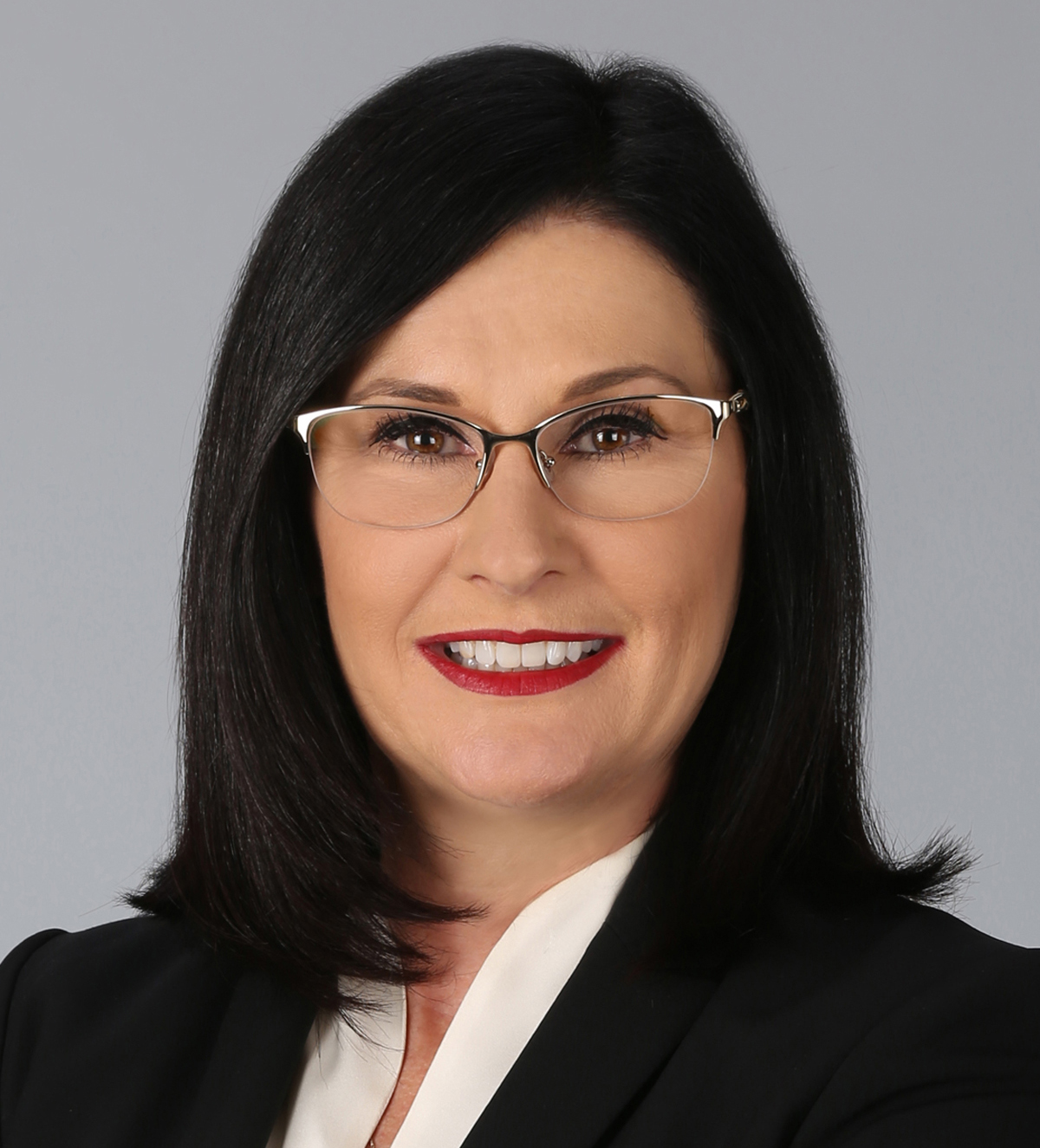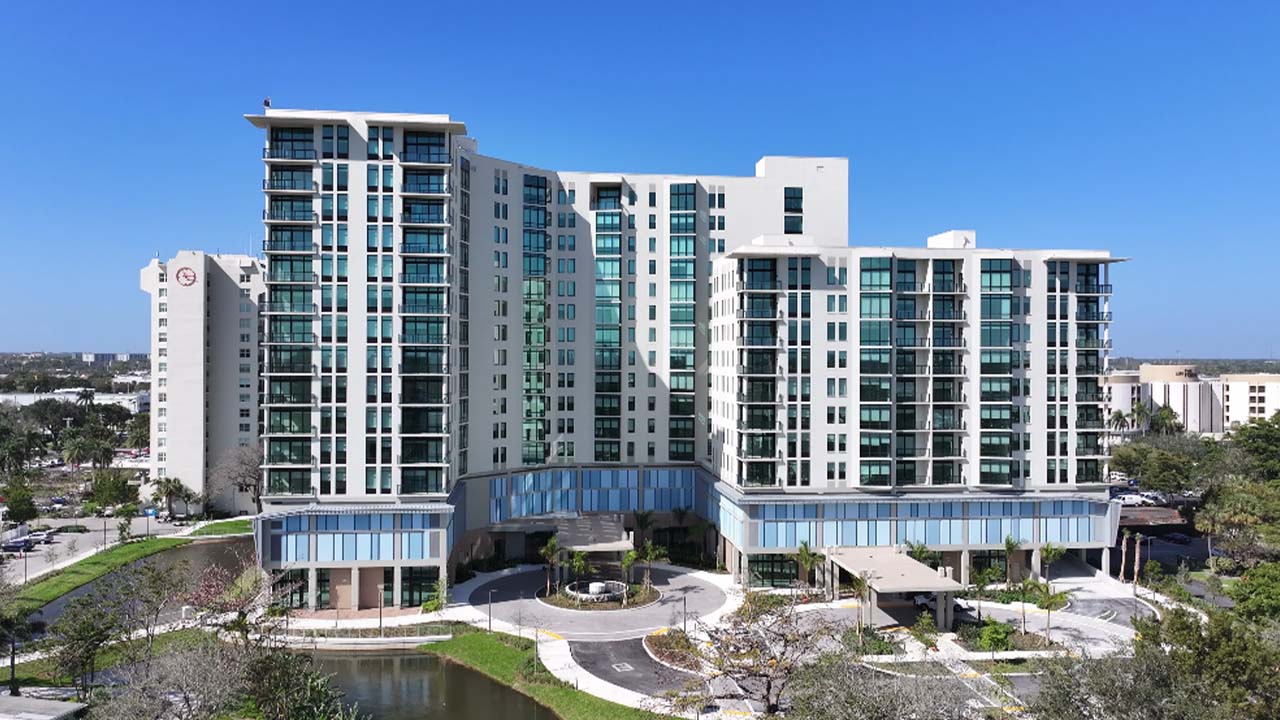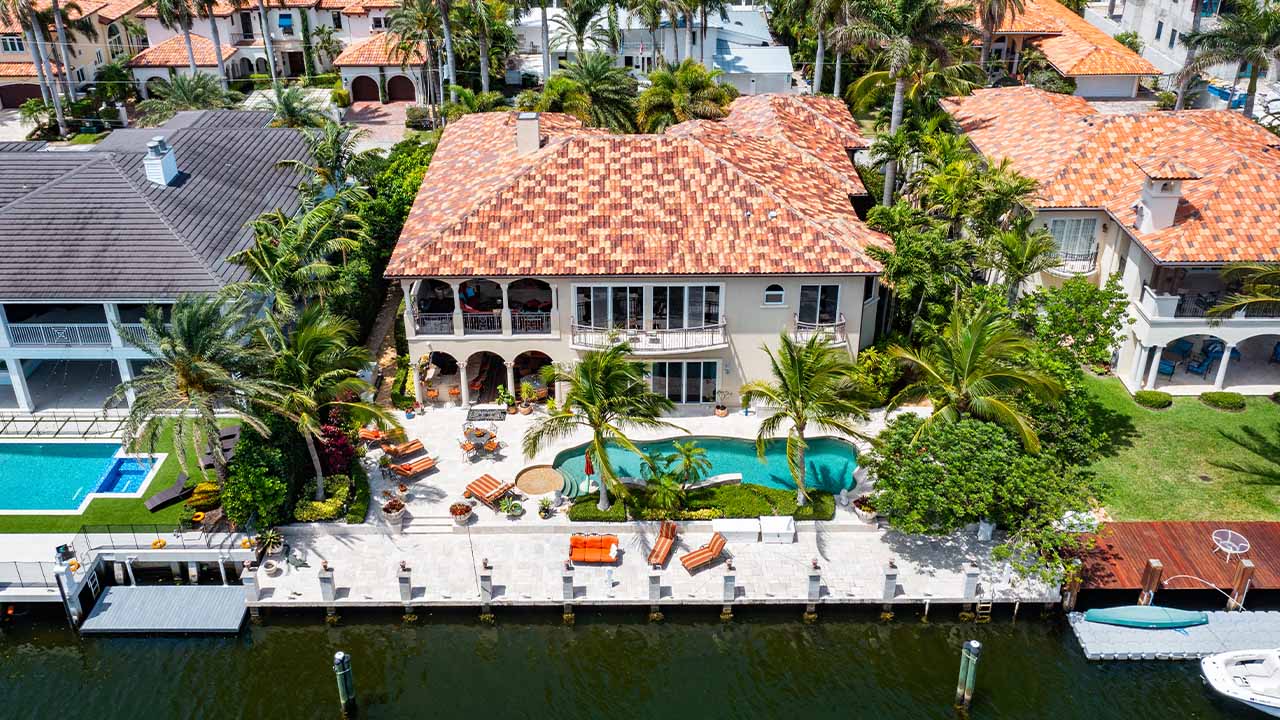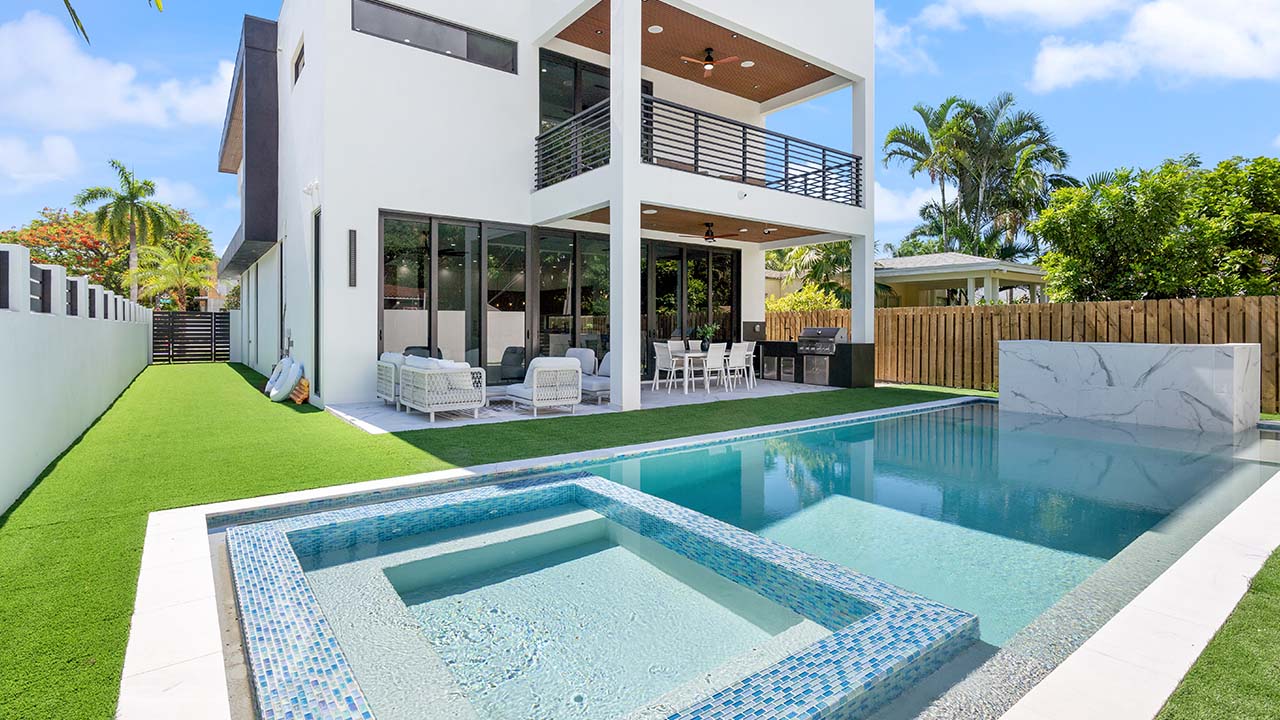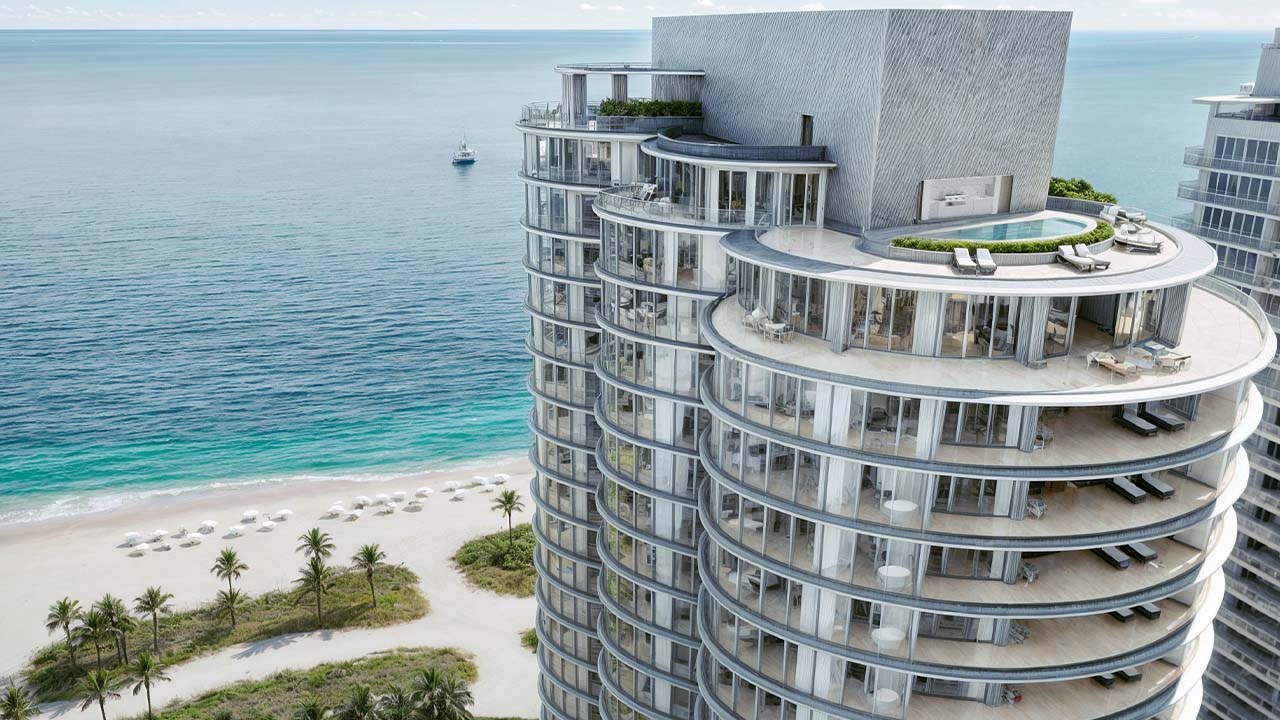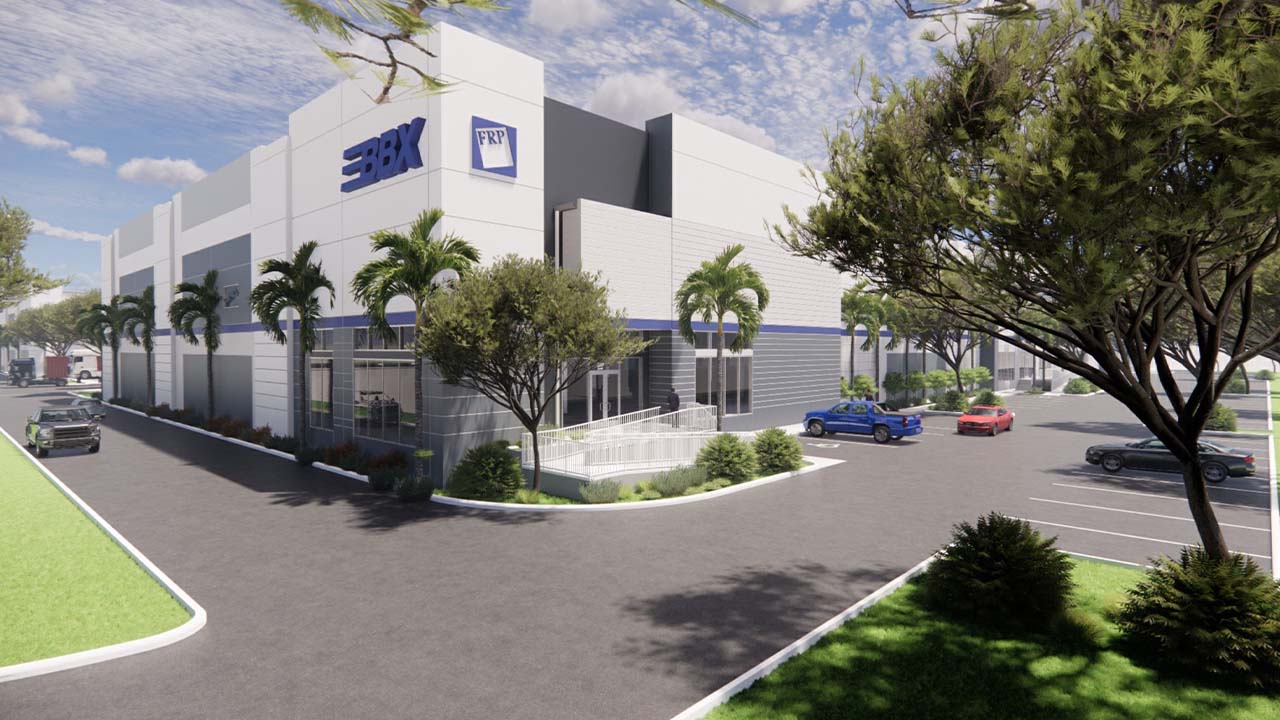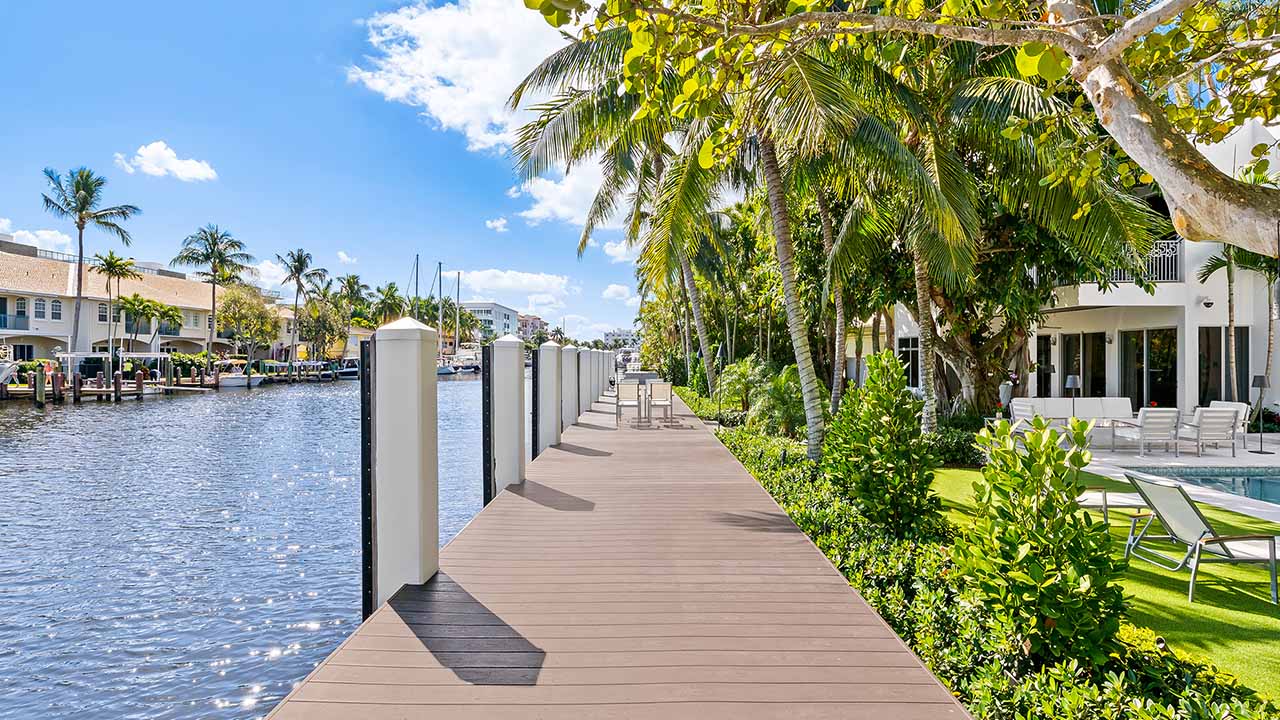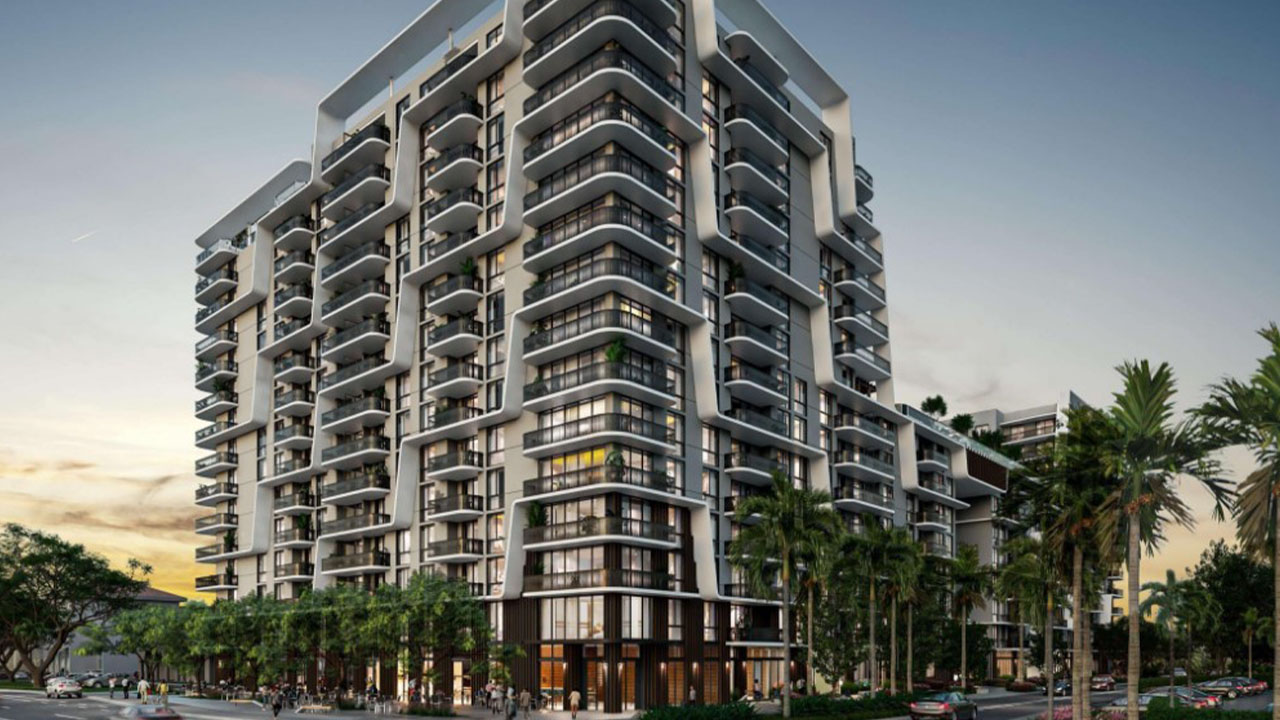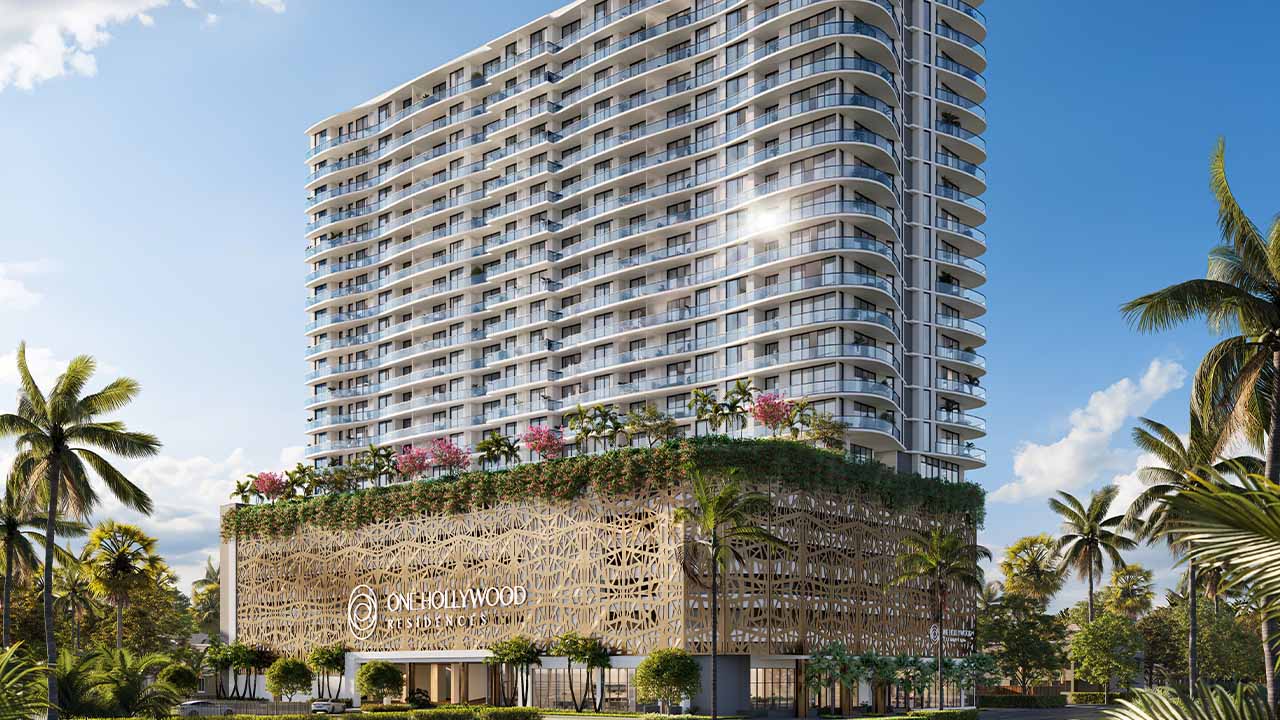[vc_row css_animation=”” row_type=”row” use_row_as_full_screen_section=”no” type=”full_width” angled_section=”no” text_align=”left” background_image_as_pattern=”without_pattern”][vc_column width=”2/3″][vc_column_text]
Development is an expensive, time-consuming business. Getting a project from concept to approval can cost tens of thousands of dollars—and often more—before a shovel even goes into the ground. It can take six months to several years for a new project to work its way through the layers of zoning, site planning, public hearings, and city and county governmental approvals.
Then, once a developer has run the governmental and public hearing gantlet to get all required approvals, a lawsuit from an activist organization or community group opposing a development can tie up a project for more years to come.
Gov. Ron DeSantis recently signed Florida’s 2019 Community Planning and Growth Management bill. It creates a “prevailing party” provision. The winning party to a lawsuit challenging a development, based on its consistency with a jurisdiction’s comprehensive plan, is entitled to recover reasonable attorney fees.
The multipronged legislation (House Bill 7103) was signed by the governor against a backdrop of controversy and negative headlines.
“Goal of Republicans in Tallahassee: Make the people of Florida voiceless and powerless,” said a July 19 Sun-Sentinel editorial. Its contention was that just the mere risk of losing robs the public’s ability to counter a governing authority’s action.
But the other side of this coin is that the bill also enables citizen or community groups that have solid legal arguments against a development to win with their legal fees covered, thus creating an additional financial stick to hold governmental agencies more accountable in prudent review of all development. Developers also get snagged when a project is denied because of public and political pressure even though it may meet all permitted uses. They, too, could prevail and recover their legal costs.
“I believe the prevailing party provision is a great addition and will not lessen the voice of the people, but reduce the amount of frivolous challenges that are filed to stall developments,” says Heidi Davis Knapik, a land use and development lawyer at the Gunster law firm. “This provision will require that all parties have sound legal arguments prior to filing a challenge in circuit court, which costs thousands of dollars and could take years to resolve. Parties will think hard the next time they may not like a development that meets all the criteria, and instead of being quick to file a lawsuit that they may not be able to win, they should work together with the developer or the city to resolve the issues.”
Right now, she says, the legal challenge process is onerous, circular and can stall projects to the point of bankrupting them.
In addition to the prevailing party provision, the legislation also seeks to address other thorny issues.
Perhaps one of the costlier ones for developers has been local governments’ ability to mandate inclusionary zoning for affordable housing or require that developers pay into housing funds. The bill requires that the cost to developers of such affordable housing mandates be fully offset through density bonuses and other incentives.
“A chief complaint around the state is the push for affordable housing on the backs of commercial developers,” says Chris Carmody, a regulatory, government affairs and land use lawyer at the Gray Robinson firm. “This legislation makes clear that if a local government prioritizes affordable housing in developments, it must fully offset the costs associated with it.”
This surely is welcomed by local developers as Broward County once again mulls levying an affordable housing linkage fee on commercial development.
Davis Knapik says another key provision of the bill is expedited review times by counties and municipalities for development permits and development orders. The timeline for agencies to approve, approve with conditions or deny the application is 120 days from the application’s completion for nonquasi-judicial proceedings or 180 days for quasi-judicial proceedings.
“Time is money, and stalled or delayed applications cost the development community a tremendous amount of money,” Davis Knapik says. “This pushes the agencies along and sets forth time frames.” ↵
Freelance writer Darcie Lunsford is a former real estate editor of the South Florida Business Journal. She is the senior VP for leasing at Butters Group and is avoiding a conflict of interest in her column by not covering her own deals.
[/vc_column_text][/vc_column][vc_column width=”1/3″][vc_gallery interval=”3″ images=”34299,34300″ img_size=”full”][/vc_column][/vc_row]



